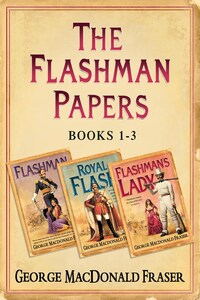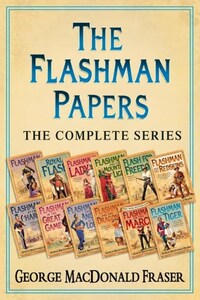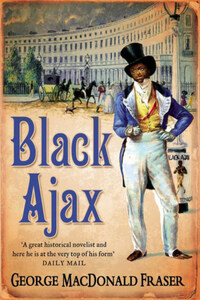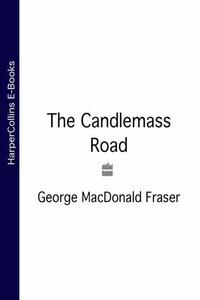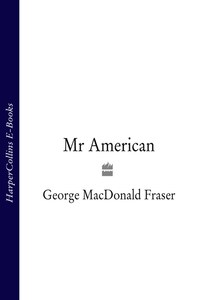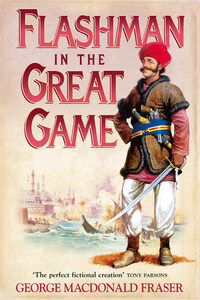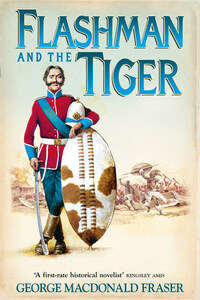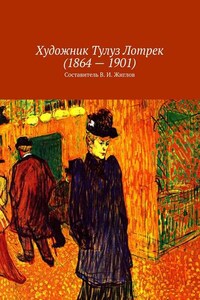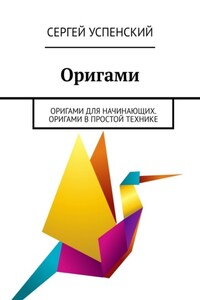THE FLASHMAN PAPERS BOOKS 1–3
FLASHMAN ROYAL FLASH FLASHMAN’S LADY
GEORGE MACDONALD FRASER
From The Flashman Papers, 1839–42
Edited and Arranged by
GEORGE MACDONALD FRASER
The great mass of manuscript known as the Flashman Papers was discovered during a sale of household furniture at Ashby, Leicestershire, in 1965. The papers were subsequently claimed by Mr Paget Morrison, of Durban, South Africa, the nearest known living relative of their author.
A point of major literary interest about the papers is that they clearly identify Flashman, the school bully of Thomas Hughes’ Tom Broun’s Schooldays, with the celebrated Victorian soldier of the same name. The papers are, in fact, Harry Flashman’s personal memoirs from the day of his expulsion from Rugby School in the late 1830s to the early years of the present century. He appears to have written them some time between 1900 and 1905, when he must have been over eighty. It is possible that he dictated them.
The papers, which had apparently lain untouched for fifty years, in a tea chest, until they were found in the Ashby saleroom, were carefully wrapped in oilskin covers. From correspondence found in the first packet, it is evident that their original discovery by his relatives in 1915 after the great soldier’s death caused considerable consternation; they seem to have been unanimously against publication of their kinsman’s autobiography – one can readily understand why – and the only wonder is that the manuscript was not destroyed.
Fortunately, it was preserved, and what follows is the content of the first packet, covering Flashman’s early adventures. I have no reason to doubt that it is a completely truthful account; where Flashman touches on historical fact he is almost invariably accurate, and readers can judge whether he is to be believed or not on more personal matters.
Mr Paget Morrison, knowing of my interest in this and related subjects, asked me to edit the papers. Beyond correcting some minor spelling errors, however, there has been no editing to do. Flashman had a better sense of narrative than I have, and I have confined myself to the addition of a few historical notes.
The quotation from Tom Brown’s Schooldays was pasted to the top page of the first packet; it had evidently been cut from the original edition of 1856.
G. M. F.
One fine summer evening Flashman had been regaling himself on gin-punch, at Brownsover; and, having exceeded his usual limits, started home uproarious. He fell in with a friend or two coming back from bathing, proposed a glass of beer, to which they assented, the weather being hot, and they thirsty souls, and unaware of the quantity of drink which Flashman had already on board. The short result was, that Flashy became beastly drunk. They tried to get him along, but couldn’t; so they chartered a hurdle and two men to carry him. One of the masters came upon them, and they naturally enough fled. The flight of the rest excited the master’s suspicions, and the good angel of the fags incited him to examine the freight, and, after examination, to convoy the hurdle himself up to the School-house; and the Doctor, who had long had his eye on Flashman, arranged for his withdrawal next morning.
– THOMAS HUGHES, Tom Brown’s Schooldays.
Hughes got it wrong, in one important detail. You will have read, in Tom Brown, how I was expelled from Rugby School for drunkenness, which is true enough, but when Hughes alleges that this was the result of my deliberately pouring beer on top of gin-punch, he is in error. I knew better than to mix my drinks, even at seventeen.
I mention this, not in self-defence, but in the interests of strict truth. This story will be completely truthful; I am breaking the habit of eighty years. Why shouldn’t I? When a man is as old as I am, and knows himself thoroughly for what he was and is, he doesn’t care much. I’m not ashamed, you see; never was – and I have enough on what Society would consider the credit side of the ledger – a knighthood, a Victoria Cross, high rank, and some popular fame. So I can look at the picture above my desk, of the young officer in Cardigan’s Hussars; tall, masterful, and roughly handsome I was in those days (even Hughes allowed that I was big and strong, and had considerable powers of being pleasant), and say that it is the portrait of a scoundrel, a liar, a cheat, a thief, a coward – and, oh yes, a toady. Hughes said more or less all these things, and his description was pretty fair, except in matters of detail such as the one I’ve mentioned. But he was more concerned to preach a sermon than to give facts.
But I am concerned with facts, and since many of them are discreditable to me, you can rest assured they are true.
